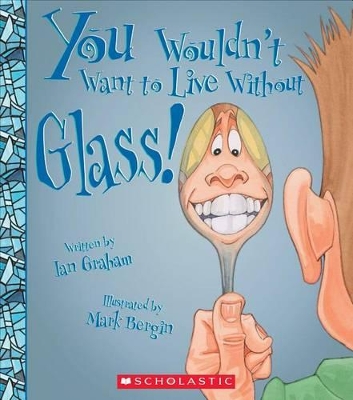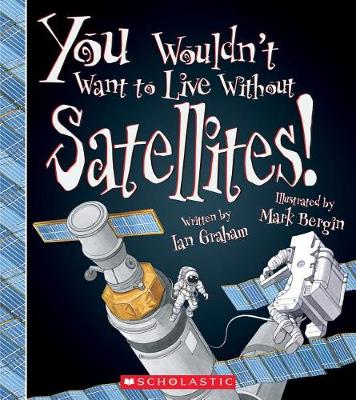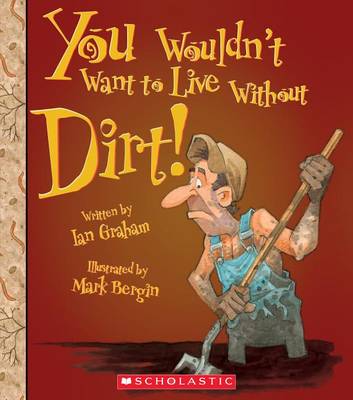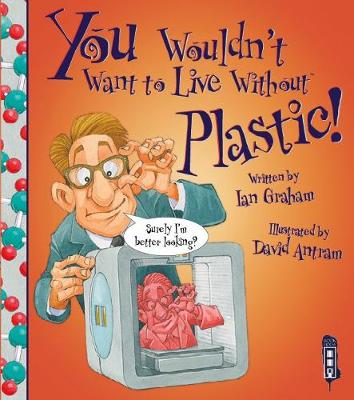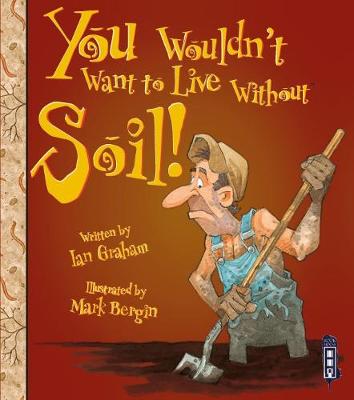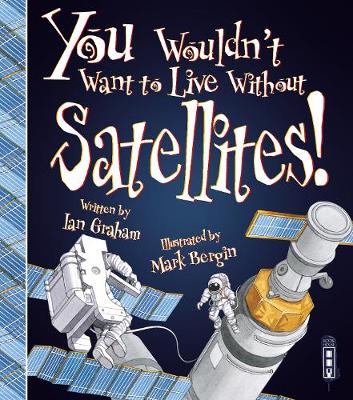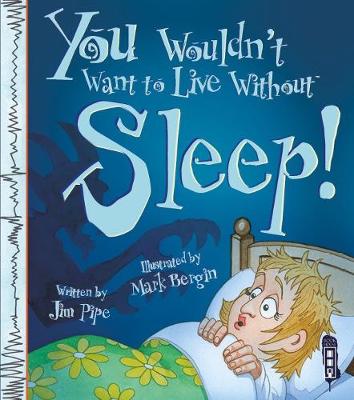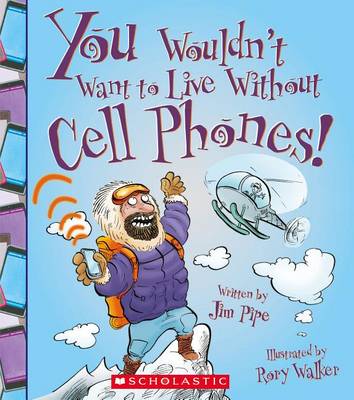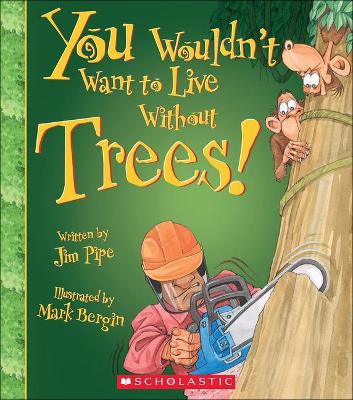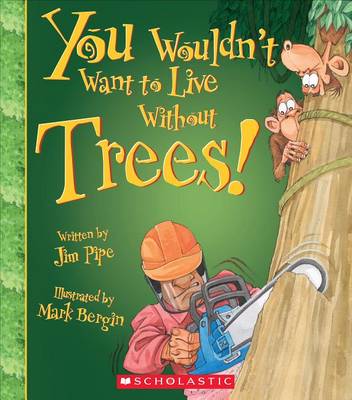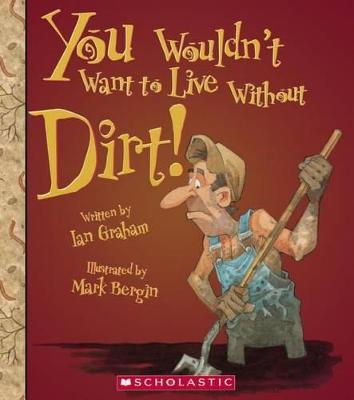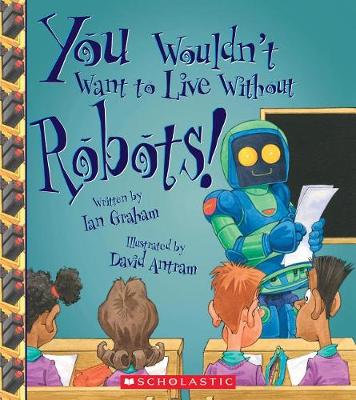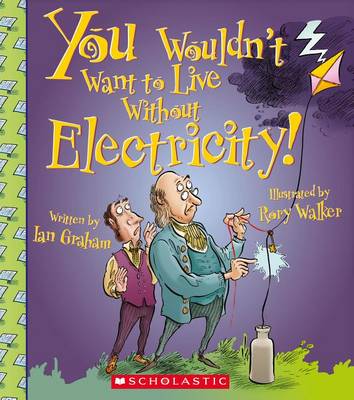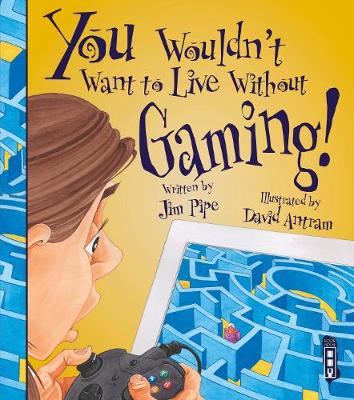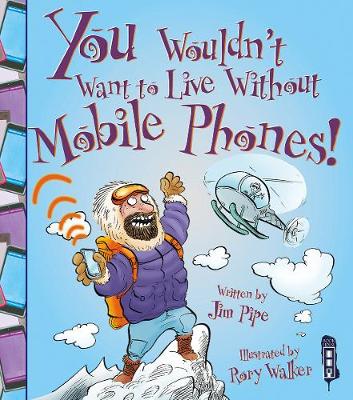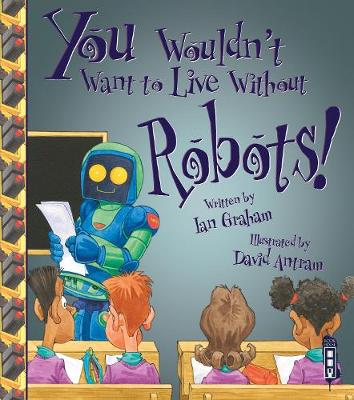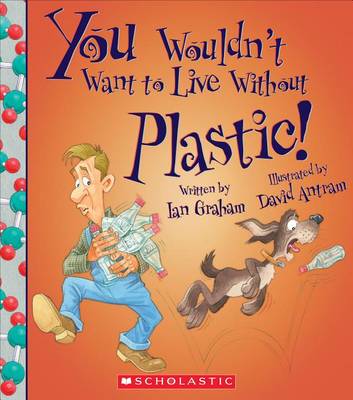You Wouldn't Want to Live Without...
18 total works
You Wouldn't Want to Live Without Satellites! (You Wouldn't Want to Live Without...)
by Ian Graham
You Wouldn't Want to Live Without Dirt! (You Wouldn't Want to Live Without...) (Library Edition)
by Ian Graham
Specially commissioned cartoon-style illustrations in full colour make these books attractive and accessible even to reluctant readers. Information is conveyed through captions, labels and humorous speech bubbles in addition to the main text. Illustrated sidebars headed `How It Works', `Top Tip' or `You Can Do It' supply more facts, describe simple, safe experiments, or steps that readers can take to help make the world a better place. Each volume includes a timeline and a list of `Did You Know?' facts.
You Wouldn't Want to Live Without Trees! (You Wouldn't Want to Live Without...) (Library Edition)
by Jim Pipe
You Wouldn't Want to Live Without Robots! (You Wouldn't Want to Live Without...)
by Ian Graham
Specially commissioned cartoon-style illustrations in full colour make these books attractive and accessible even to reluctant readers. Information is conveyed through captions, labels and humorous speech bubbles in addition to the main text. Illustrated sidebars headed `How It Works', `Top Tip' or `You Can Do It' supply more facts, describe simple, safe experiments, or steps that readers can take to help make the world a better place. Each volume includes a timeline and a list of `Did You Know?' facts.
Specially commissioned cartoon-style illustrations in full colour make these books attractive and accessible even to reluctant readers. Information is conveyed through captions, labels and humorous speech bubbles in addition to the main text. Illustrated sidebars headed `How It Works', `Top Tip' or `You Can Do It' supply more facts, describe simple, safe experiments, or steps that readers can take to help make the world a better place. Each volume includes a timeline and a list of `Did You Know?' facts.
